2022 MEDIA TRAINING
In 2022, the Global Center on Adaptation partnered with Thomson Reuters Foundation to train 12 multimedia journalists on reporting the impacts of climate change, and locally led efforts to address them. The training sought to expand coverage of local climate impacts, and locally led efforts to deal with them.
P. SAINATH EXPLAINS THE ROLE OF JOURNALISTS IN REPORTING LOCALLY LED ADAPTATION
The people you hope to cover have a wealth of knowledge and information that is not to be scoffed at.
Watch Award-winning journalist P. Sainath's lecture during the 2022 training, on why climate change is a human rights and survival issue, the dangers of climate apartheid, and the role of journalists in reporting the local impacts of climate change with sensitivity. He shares stories and experiences of journalists writing on climate-related issues for the People's Archive of Rural India.
SALEEMUL HUQ EXPLAINS THE HISTORY AND RATIONALE OF LOCALLY LED ADAPTATION
2022 TRAINEES
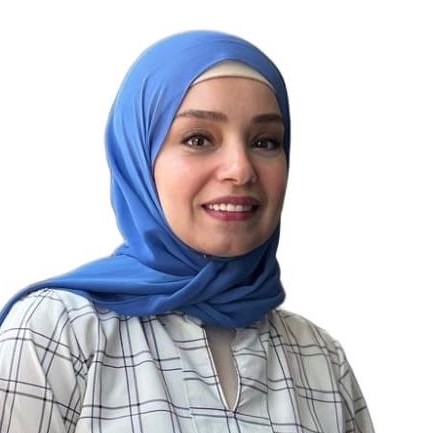
“Through this training, I learned how to write about climate change in a way that attracts ordinary audiences by linking them to human stories. I learned the importance of using modern tools in journalistic editing and include videos, photos, and graphics to make the topic more attractive to the readers, and how to use social networking sites to help us either in marketing or communicating with others."
Sally Rotab is an Egyptian journalist interested in environment, climate change and social issues.
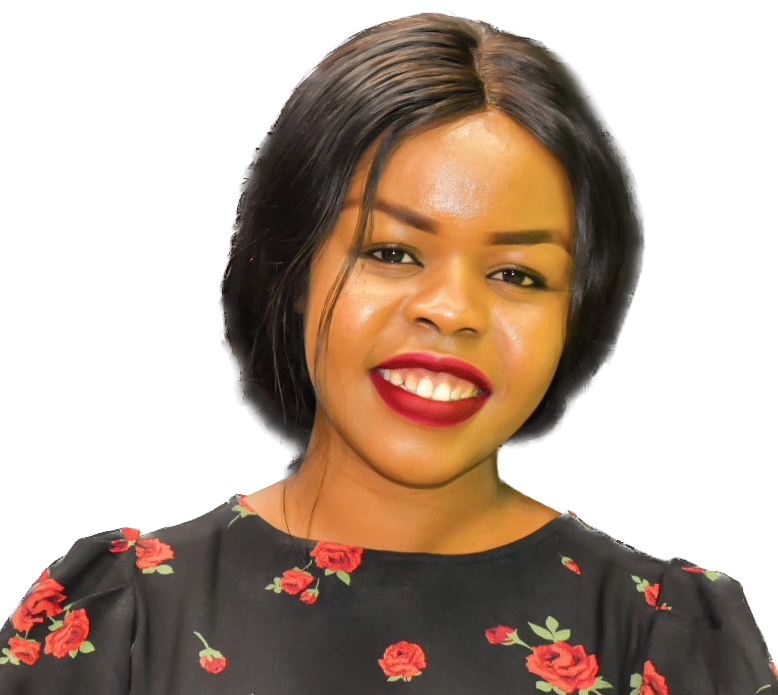
"The training allowed me to not only distinctly identify adaptation projects that are underway in my country, but also appreciate grassroots adaptation efforts. This eye-opening angle provided me with ideas to report on these human-interest projects."
As Head of the Environment Desk, Chemtai Kirui covers science and environment issues for Kass Media, a community-based media group in Kenya. Kirui hosts a weekly program called Conservation Conversation, which brings together diverse voices on the relationship between humans and nature.
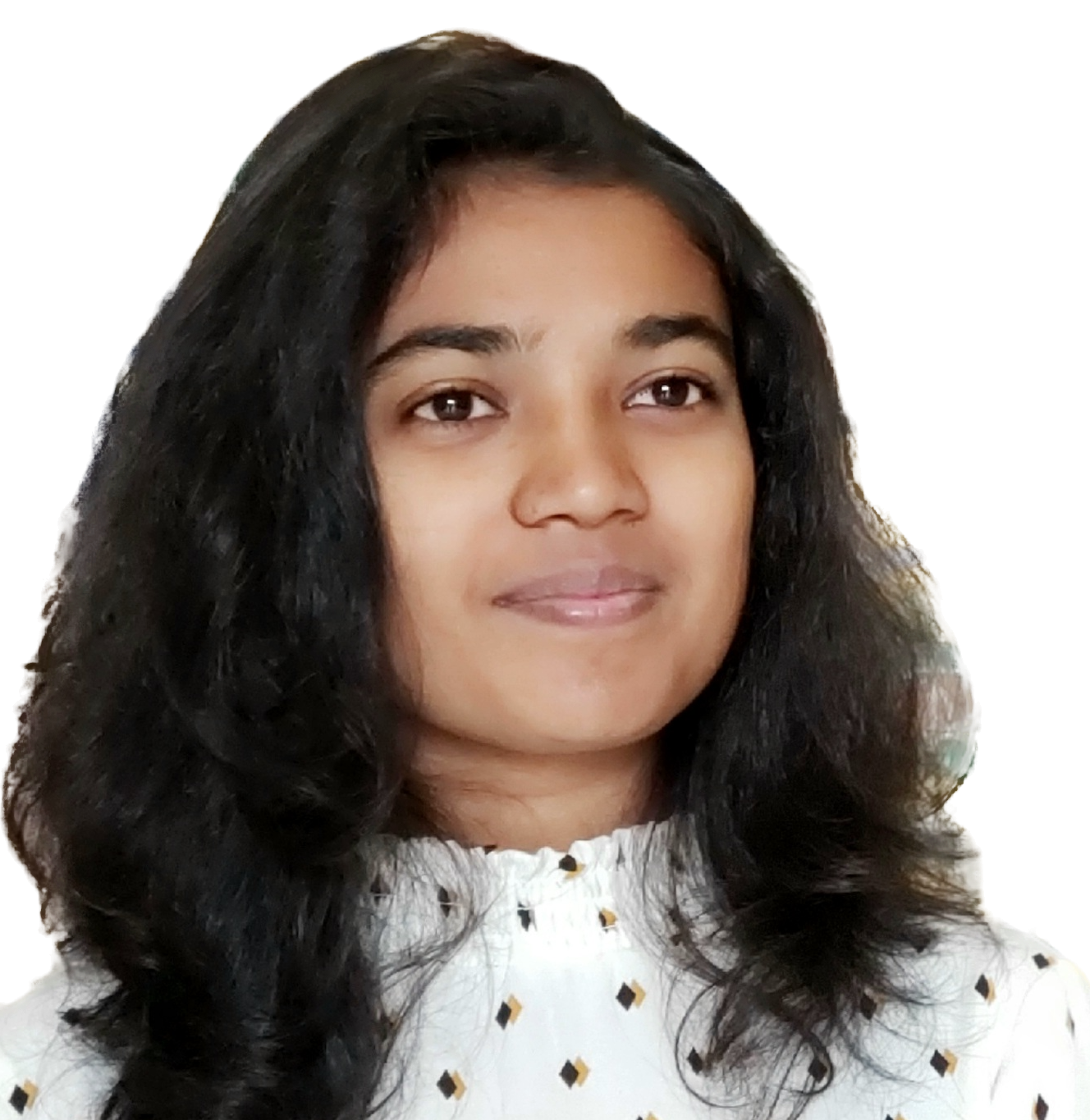
"After the training, I see the locally-led solution angle in any beat that I cover. I have moved past reporting stories on the issues level and started covering what people are doing as the response. I see myself more confident and positive on my professional and personal front as adaptation stories always offer hope in the time of the climate crisis we live in.”
Gowthami Subramaniam is an independent journalist based in Tamil Nadu, India, reporting on climate change, children, gender and health. She is a Grantee of Earth Journalism Network, and was recognised as Journalist of the Month in March 2022 by the International Journalists' Network. She was also recognized as an Emerging Producer at the World Congress of Science and Factual Producers, 2021.
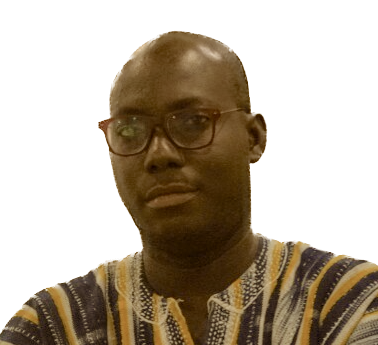
"The training gave me the opportunity to acquire and learn new tools that aid me as I tell the story of communities, government and other stakeholders as they collectively join hands to fight climate change."
Ishmael Barfi Gyebi Boateng is a seasoned Ghanian journalist and editor, passionate about advancing youth and women empowerment.
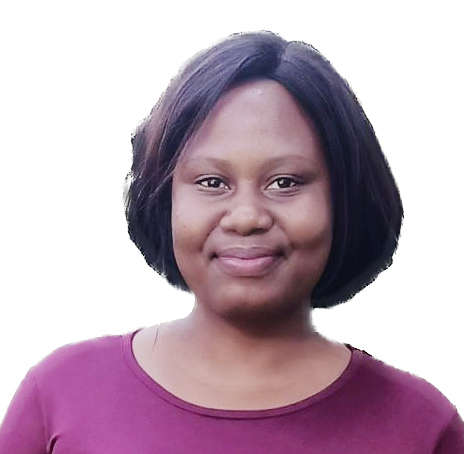
"As journalists we need to understand that for climate change adaptation to be locally led and owned, it cannot be implemented top-down. Instead, we must adequately understand people's unique social, cultural and governance context through open dialogue. We should genuinely seek to see the problems through their eyes to build on what exists and has already been done, and co-create responses relying on everyone's expertise and knowledge. In this way, we will have put people at the centre of adaptation."
Hazel Marimbiza writes for the Daily News, a national newspaper in Zimbabwe. In 2019, she won the National Journalism and Media Award for Best Gender Based Violence Reporter. Hazel has a passion for reporting on the environment and on women and child rights.
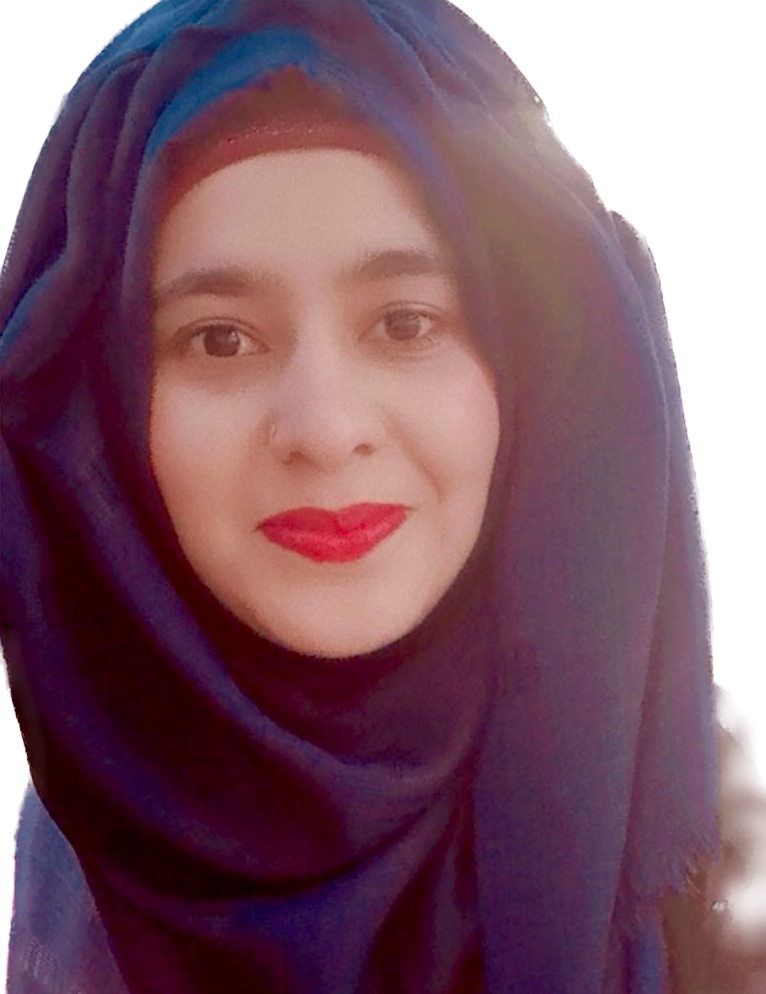
"From this training, I've learnt that the daily drip of 'gloom and doom' stories –on the warmest year on record, melting icecaps etc – can make readers feel hopeless and overwhelmed. They therefore tend to just avoid and deny, and tune out. Instead, we need more productive and well researched stories on locally led solutions, where people are working to overcome the impacts of climate change."
Aqsa Younas is a journalist, columnist and news writer who has been recognized by the International Internship University for her work on women's rights.

"My key lessons from the training: climate change impacts local communities. Therefore, the resilience of local actors is very much needed to have greater power and resources. So far, local actors rarely have a say in the decisions that affect them the most. Local communities should be involved in making decisions that affect their lives the most."
Arphan is a freelance journalist and author. As a specialist on environmental issues, he has written from a local perspective for numerous international publications including Ant Daily (Kuala Lumpur), Prachatai (Bangkok), Free Press Kashmir (India), Global Voices (Amsterdam), China Dialogue (London), Kulturaustausch (Berlin), and Global Ground Media (Tallinn). He was a fellow for the Southeast Asian Press Alliance.
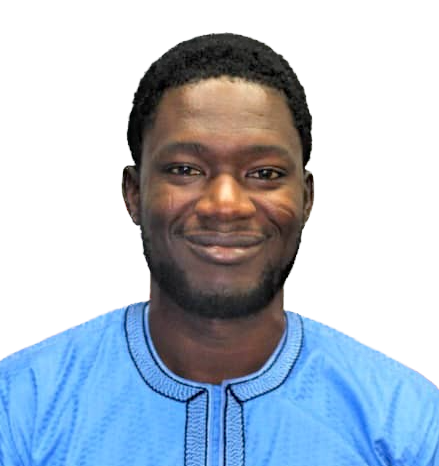
Mahmud Mohammed-Nurudeen is an Award-winning Ghanian journalist writing on development issues for JoyNews. He is passionate about writing on hard-hitting social issues, from crime to business, and telling compelling stories about people, histories, and places through video, photography, and writing.
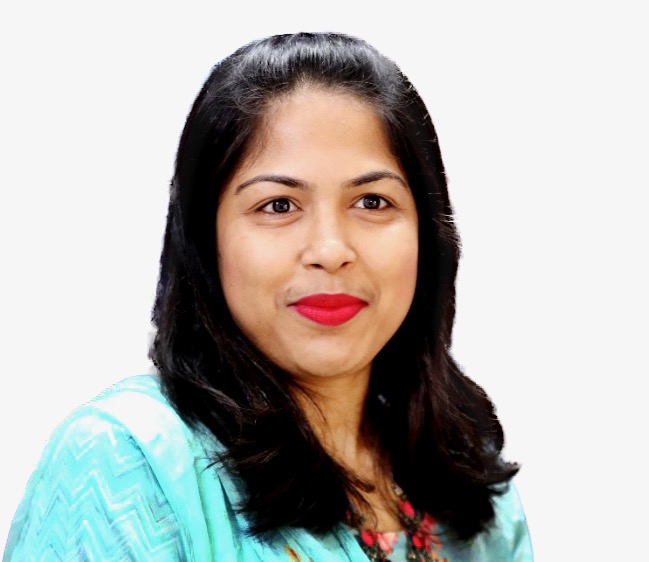
Shahenoor Akther Urmi is an independent journalist based in Bangladesh, who writes on public health, climate change and migration with a focus on gender. She is a Fellow of Earth Journalism Network, PRB Data, Vital Strategies and the Management and Resources Development Initiative.

"The training has taught me about locally led adaptation, and what a crucial issue this is. After the training, I pitched a LLA story to a leading news agency and they accepted my pitch. The training was a magnificent lesson for my career as a journalist."
Mosabber Hossain, a Bangladeshi journalist, is a winner of the Thomson Foundation's South Asia Inquirer Awards for Investigative Journalism, and Fellow of the Global Investigative Journalism Network and of Investigative Reporters and Editors. He was also a trained in the Investigating Environment and Climate Change Reporting training conducted by Linnaeus University, Sweden and MRDI Bangladesh.
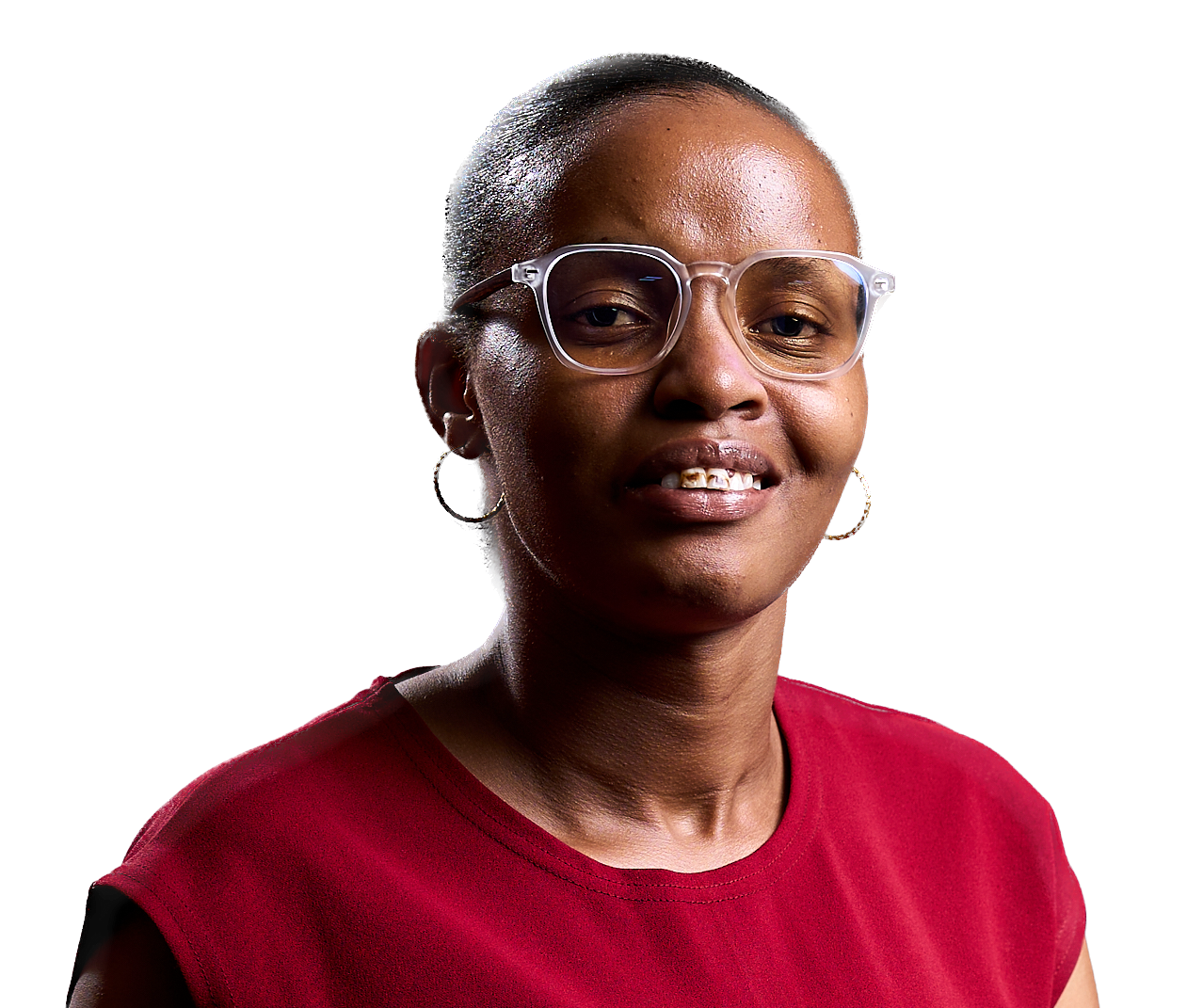
"The training had great impact to me, especially on telling impactful local adaptation stories during these challenging times when everyone can create his/her own content."
Tulinagwe Malopa is a public relations practitioner and journalist. She is currently the Communication and Influence Manager at Journalists’ Environmental Association of Tanzania, an NGO that promotes good governance on environment and sustainable development issues in Tanzania. Tulinagwe's work is focused on fighting misinformation through data-based journalism and building an innovative and viable digital media that supports national economic growth.
2022 GUEST SPEAKERS
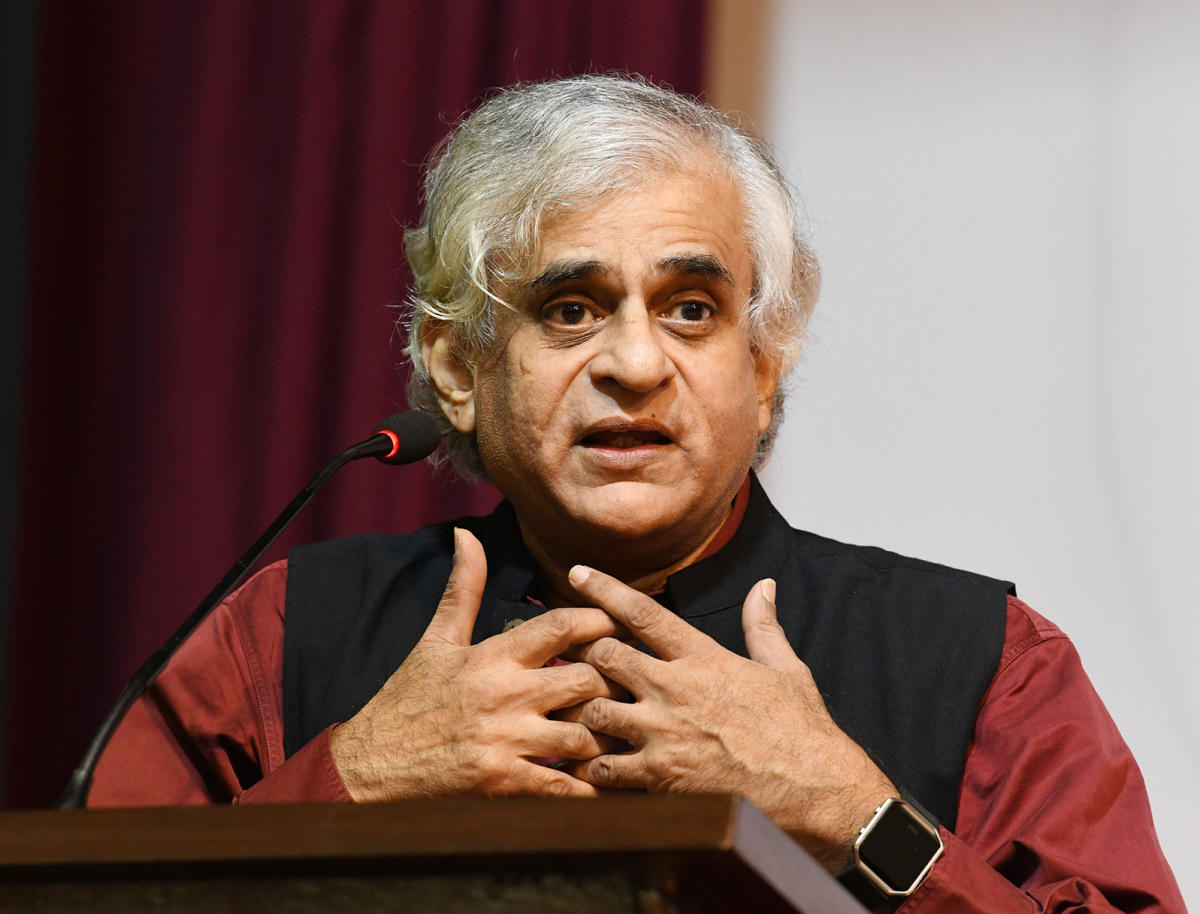
P. Sainath is an Indian Columnist and Founding Editor of the People’s Archive of Rural India. He has been a rural reporter for decades, and is the author of Everybody Loves a Good Drought.
Sainath took the trainees inside his rural news operation and provided strong examples of LLA reporting and storytelling, as well as tips for generating LLA story ideas.

Saleemul Huq is the Director of the International Centre for Climate Change and Development and Professor at the Independent University, Bangladesh. He was recently voted on the list of Nature's 10 - ten people who helped shape science in 2022.
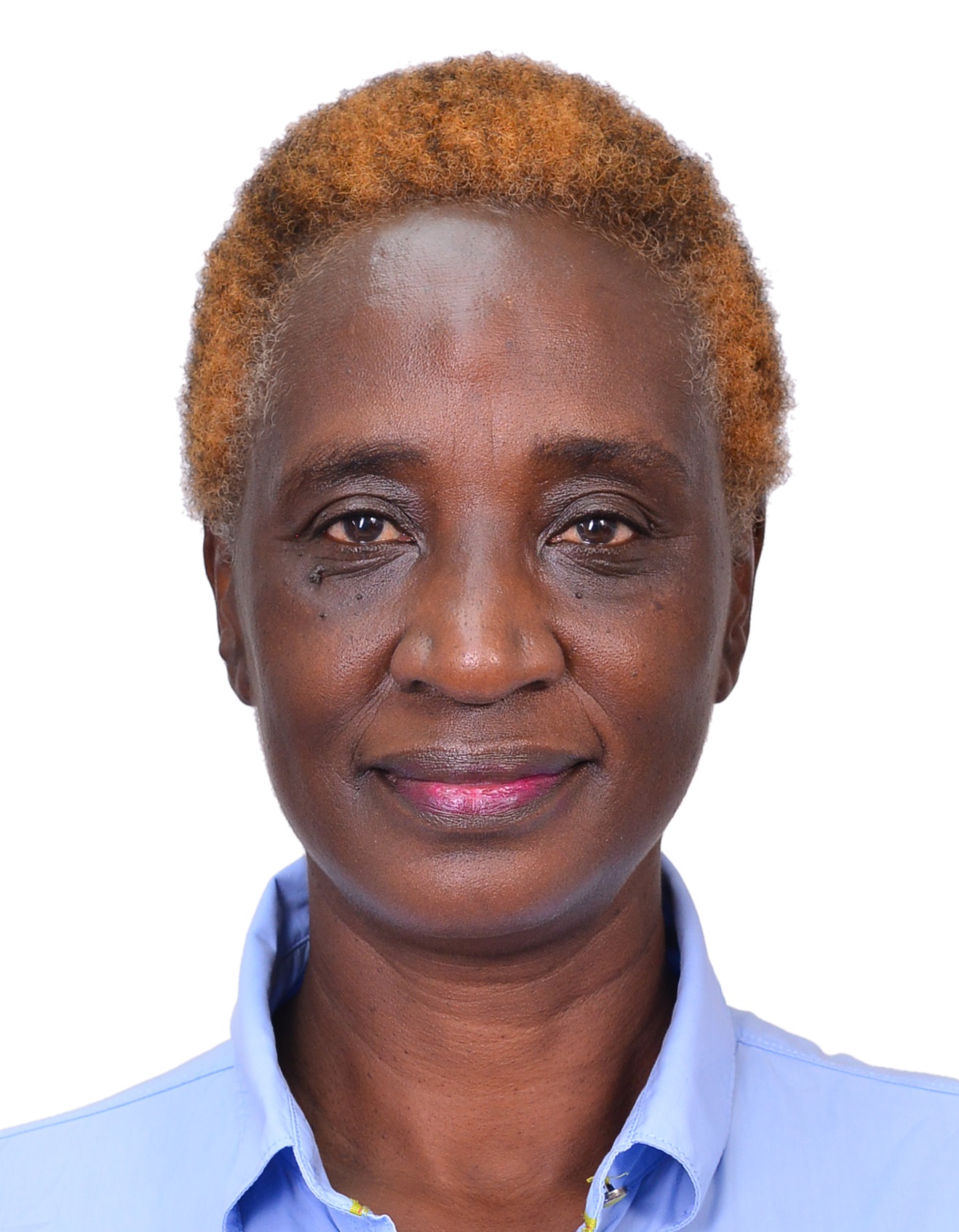
Jane Weru is a lawyer by profession and holds a Master’s degree in NGO Management from the London School of Economics. She is the Executive Director and a founding member of Akiba Mashinani Trust (AMT), a non-profit organization working to develop innovative, community-led solutions to housing and land tenure challenges faced by the urban poor in Kenya.
With over 30 years of experience, Jane has facilitated multi-stakeholder partnerships aimed at addressing the needs of marginalized urban communities. She has played a key role in numerous public interest litigations to prevent forced evictions and violent demolitions, while also influencing policy processes to safeguard the land tenure rights of people living in informal settlements.
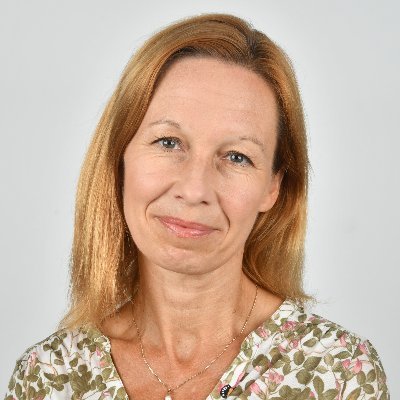
Laurie Goering edits the Thomson Reuters Foundation's news website on the human impacts of climate change. Previously she was a Chicago Tribune correspondent based in New Delhi, Johannesburg, Mexico City, Havana, Rio de Janeiro and London.